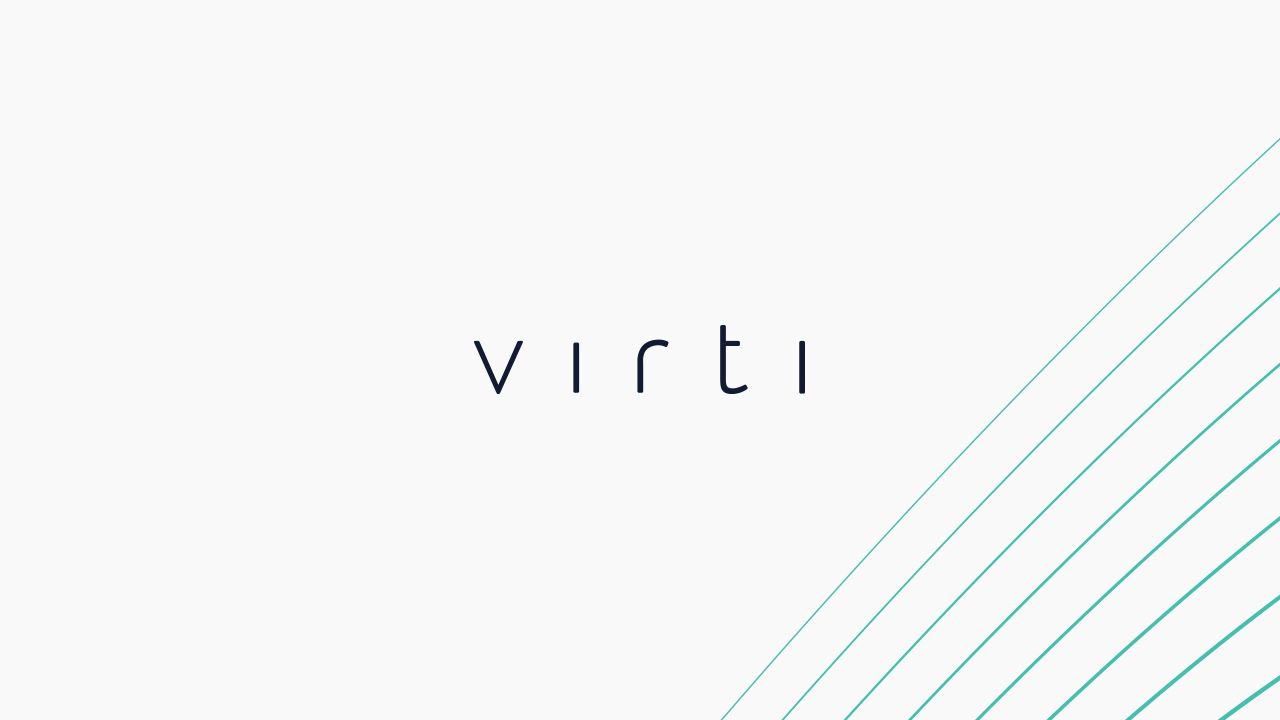Could extended reality training help increase the recruitment of people with disabilities?
At Virti, we believe that extended reality technology has the potential to help increase the recruitment of people with disabilities. Find out how VR and AR can help prepare candidates for the world of work.

At Virti, like many businesses, we recognise the importance of employing a diverse workforce and being inclusive to attract, retain and develop people with the skills we need. However, some groups remain under-represented in the jobs market meaning a loss of skills and talent to the economy and employers.
Unlock Disability Diversity
There are around 7.7 million people of working age with a disability or long-term health condition in the UK and yet only around half of them are in work. In the USA there are 61 million adults living with a disability, with only 35% of this working age population actually in work.
This represents a huge pool of untapped talent which we can’t afford to ignore, particularly in view of the ageing population and the likelihood that a greater proportion of the workforce will develop a health condition or disability.
Organisations with a diverse and inclusive workforce can tap into the different perspectives and skills which can boost innovation and performance. If you are not focusing on inclusiveness and don’t manage health and disability effectively, you are not only missing out on a wider talent pool, but risking your reputation, legal claims and EVP brand perception which will likely make your recruitment challenge even harder.
Organisations that take a positive and inclusive approach to managing disability can reap benefits in terms of increased loyalty, commitment from staff, lower turnover, driving a more positive work environment and a higher ROI in training and development. (Aichner, T. The economic argument for hiring people with disabilities. Humanit Soc Sci Commun 8, 22 (2021).
Of course it also makes commercial sense. The best businesses want to reflect the make-up of their consumer base in their workforce – the World Health Organisation (WHO) states that 15% of the world population has some type of disability and with disabled customers and their families have a spending power worth £249 billion you can see the financial rationale!

XR - The Key for Disability Confident Recruitment
When it comes to finding appropriate jobs, people with disabilities are still heavily disadvantaged. This is mainly because of negative prejudices of employers, which often believe that people with disabilities are not able to perform as efficiently as non-disabled workers, or that they are a burden rather than a source of added value to the company.
XR tools (which include Virtual Reality, Augmented Reality and Mixed Reality concepts) can help HR, recruitment and L&D teams across a variety of industries tap into the talent of a population that have been traditionally overlooked.
New job seekers
Starting a first job or re-entering the job market can be daunting, on top of that having a disability can make getting and keeping a job more difficult.
In order to get a fair chance to be amazing at work, candidates can need help in developing essential soft skills such as effective communication and practice at interviews for job roles. Having a safe, engaging space to practice these soft skills is crucial and immersive VR can provide this opportunity. Access to this type of training builds confidence and readiness and better equips participants to attain the job they want.

Interview Simulators
Using XR platforms to create simulations can help disabled applicants build skills autonomously through repeated practice, developing techniques for managing any anxieties and spending time in analysing behavioural questions to develop their own pitch and interview technique. Interactions can give personalised feedback and all within a psychologically safe environment. All these interactions also help ensure the candidate will feel confident and ready to succeed from their first day at work and through onboarding.
Soft Skills and Technical Training
Using VR training, new employees are able to engage in simulations that help them gain a type of on the job experience that prepares them for key roles in their chosen business or role.
This type of immersive learning experience can be used for exploring a situation or task that would be difficult to replicate in a classroom scenario. These techniques help to determine aptitude, interests and ways of learning where initially a business is uncertain as to how to work with or use that talent. Companies can understand how candidates will be able to complete job tasks which enable them to work with employees who have disabilities to really tap into their full potential.

Virti is the only all-in-one platform that can optimise the entire remote learner's journey.
If you've read this far, you're clearly interested in how innovative new tech can change the way your employees interact with learning.
Our award-winning learning platform empowers organisations like yours to create digital learning experiences that feel like real life.
Real World Business
We are now seeing large corporations and small franchising companies using this technology to engage with disabled employees, both in recruitment and into employment. The key is how your business can translate this into the real business world. There are some fantastic examples of where this is really working for helping disabled employees enter and excel in the workplace
- Management learning - developing soft skills and people interactions to allow real time engaging practical conversations in a safe psychological environment.
- Coffee House Franchises - real time learning tools allow baristas to practise making the perfect cup of coffee in a safe environment, with both technical machine and customer soft skills feedback.
- Operators technical services - simulations help to evaluate the performance of the operator and give feedback. They can also assess any verbal and physical difficulties to identify and adjustments or support needed.
At Virti we are proud that our learning platform technology has the ability to help impact the job prospects for individuals with disabilities and help prepare them for the world of work.
Want to hear more from us?



